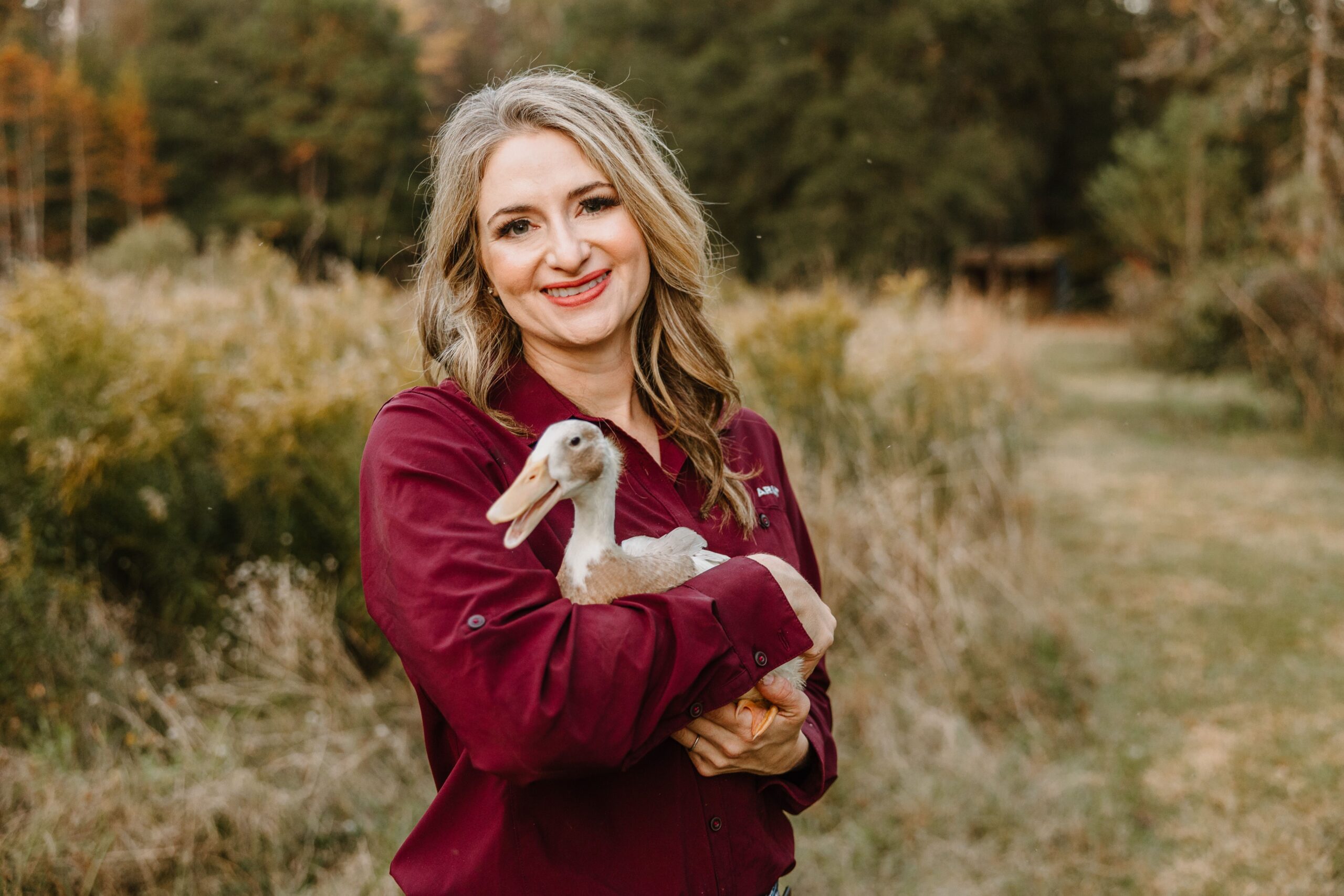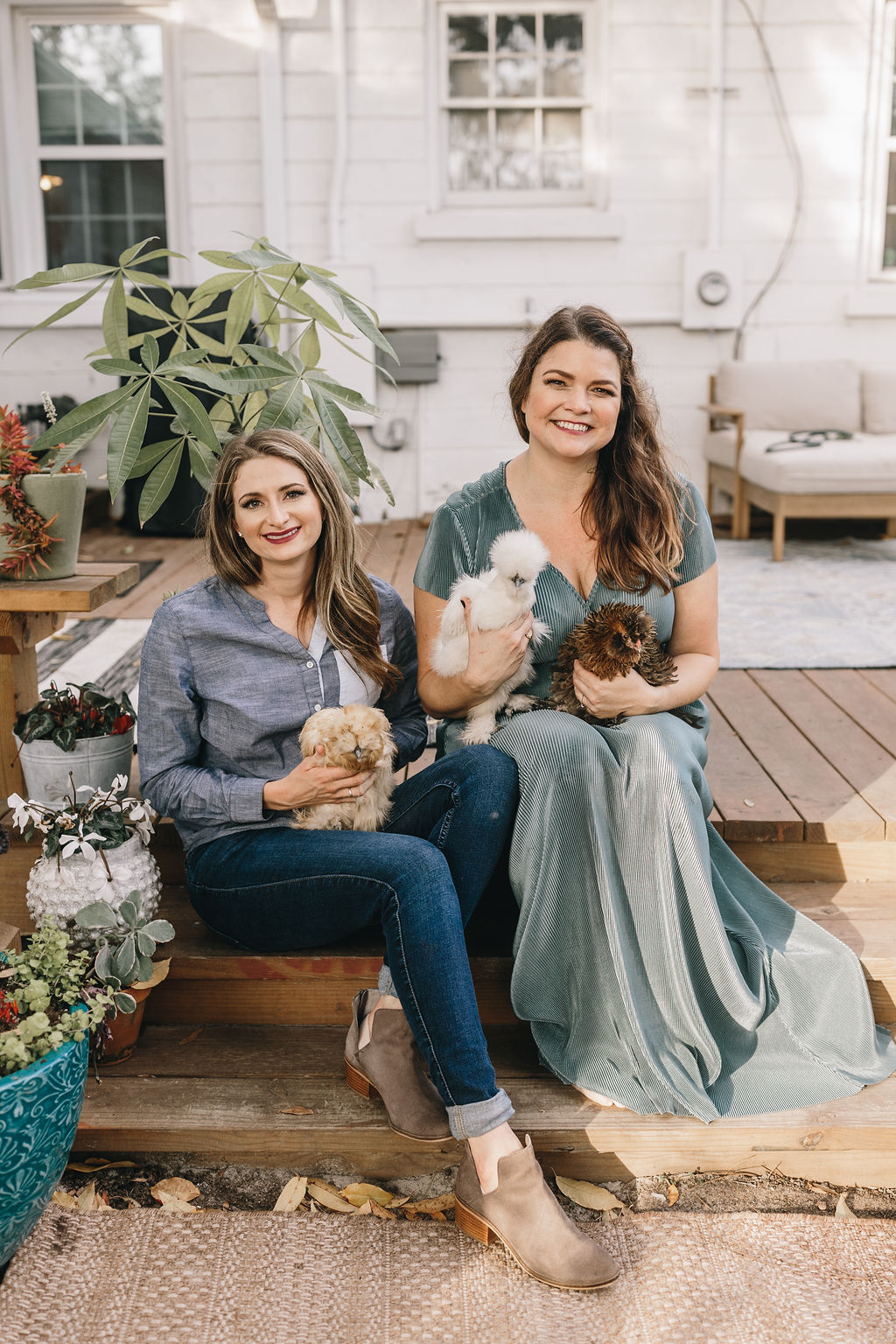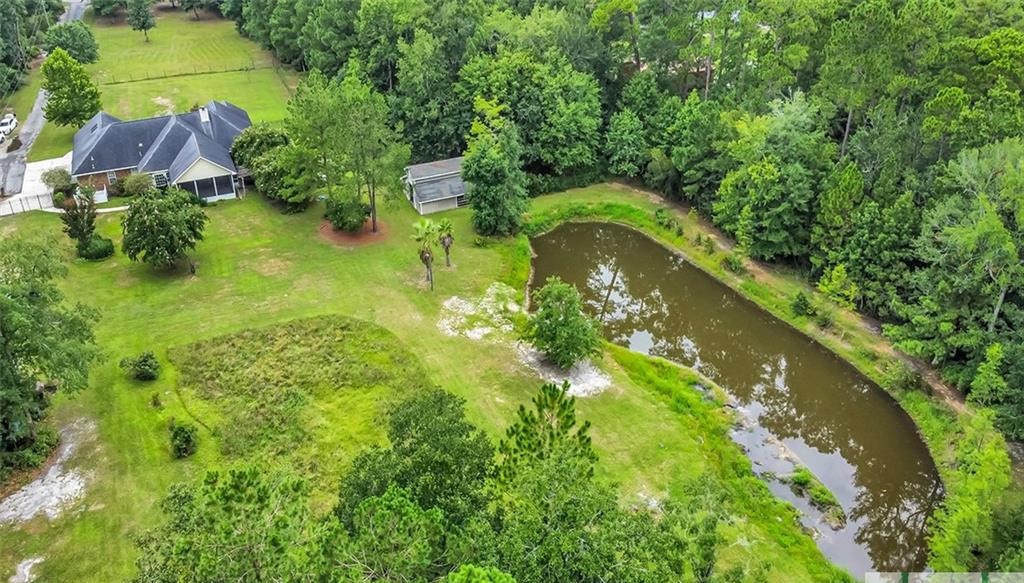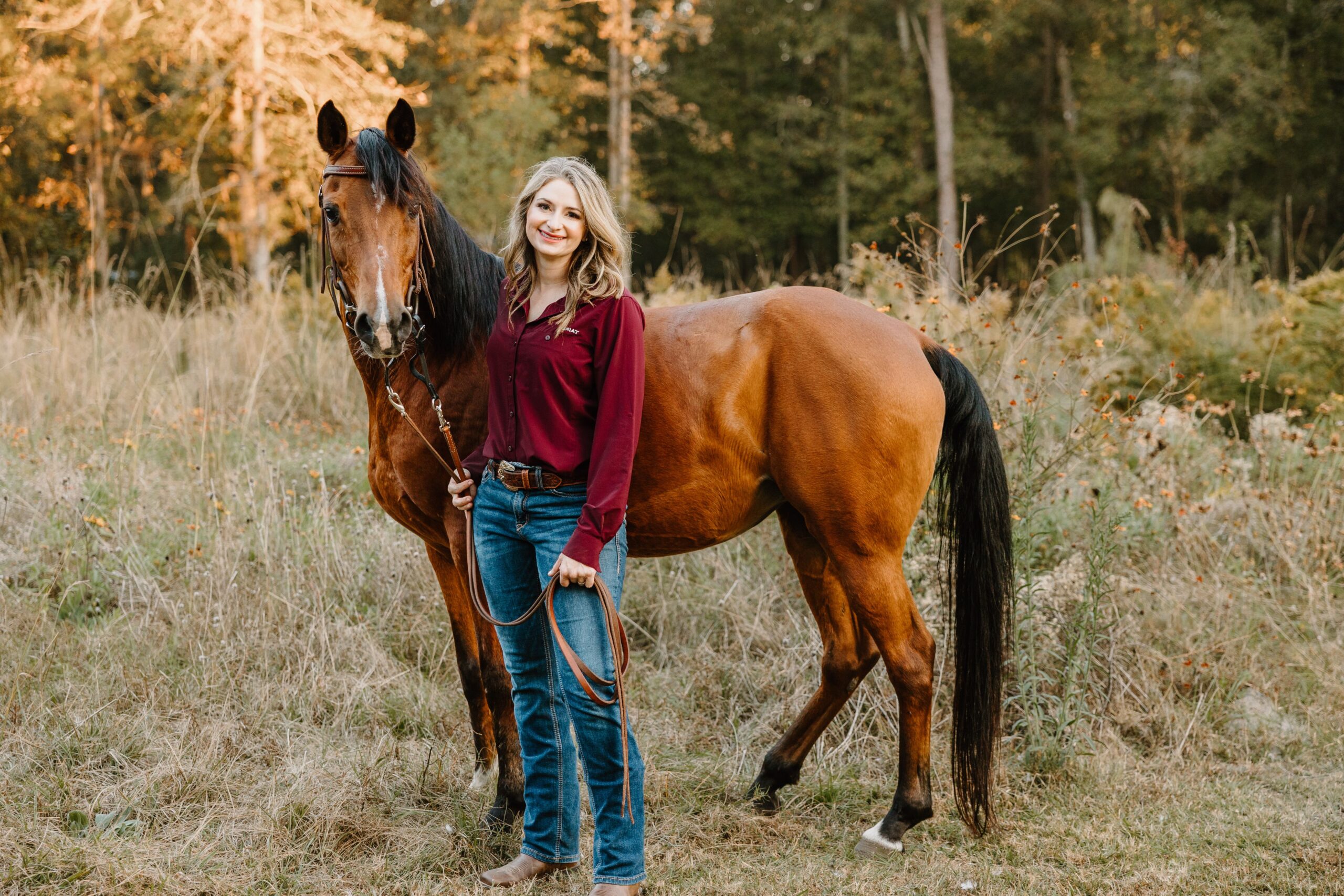April 1st is the Filing Deadline. Georgia Homeowners, don't be fooled into thinking you have…

Welcome to Peterson Pines: My Farm Homestead & Animal Sanctuary

If it clucks, quacks, cheeps, peeps, crows, oinks, neighs, brays, barks, or meows, you can find the source living at my Peterson Pines Farm. This symphony of animal voices is music to my ears. Living at Peterson Pines surrounds me with animal friends who provide joy, amusement, and purpose to my everyday life.
How did I end up establishing Peterson Pines? My wife, Sue, and I originally lived in midtown Savannah. Our 1,400 sf home on a 9000 sf lot had a small backyard we turned into a mini-farm with raised garden beds and a small chicken coop. Our passion for animal rescue and involvement with Savannah’s One Love Animal Rescue organization meant we also fostered multiple rescue dogs. Moving to a property that offered more room for animal rescues and gardening activities became our goal.
We found the perfect property for sale just outside Savannah in Bloomingdale Township. The five-acre-plus property had all the features on our wish list, including acreage enough to provide a sanctuary for our growing population of rescue animals, existing outbuildings to shelter larger animals, a pond for web-footed rescues, and enough space for gardening activities. The bonus was a spacious, four-bedroom home for human family members and visiting friends. After a thorough property inspection, we purchased our farm.

Since moving in, our rescue family has grown by leaps and bounds! Peterson Pines animal rescues come in all shapes and sizes and from various geographical locations. Our five rescue dogs now share farm and field space with two recently adopted horses and two donkeys.

Magic is an Arabian breed whose South Carolina owner could no longer provide the care she needed. Dolly is an Appaloosa we rescued from a Texas equine auction. Our mini-donkey Charlie is a spunky two-year-old rescue originally from California. Charlie has a sweet donkey gal pal, Winnie, a Stroud, Oklahoma rescue. The dogs, horses, and donkeys keep company with our noisy brood of chickens and one loquacious rooster named Hershey. Hershey’s “fowl language” is permitted as he uses his impressive vocal skills to ward off chicken hawks and other predators. Petunia, our not-so-mini pig, enjoys all the farmyard company, although she sometimes finds it hard to share during a farm family watermelon or pumpkin feast. Our farm pond provides an aquatic retreat for a flock of ducks rescued from Savannah Historic District traffic.
Do you dream of owning a farm?
Begin your search with these steps.
Phase One
The first three steps:
1. Write down your ownership goals. Will your farm be a residential lifestyle choice for personal enjoyment, a commercial endeavor, or a combination of both.
2. Set a budget, contact a lender, and get pre-qualified for a purchase.
3. Engage an experienced Realtor familiar with farm and land sales to identify current for-sale listings and write purchase contracts.
Phase Two
Due Diligence ~ Research Research Research!
After identifying a property that fits your vision and budget and the seller accepts your offer, it’s time to collect as much property information as possible.
Review your original list of qualities you want in farm ownership. Depending on your planned property usage, here are items and questions to include on your due diligence checklist.
● Check local, state, and federal zoning laws, including the number and types of animals permitted, the number, size, and location of accessory dwellings and shelters
● Hire a licensed inspector experienced in evaluating farms and acreage
● Hire a licensed well and septic system inspector if town water and sewer hookups are not available
● Neighborhood impact – will your planned activity interfere with your neighbors’ quiet enjoyment?
● Research any deed restrictions previous owners may have created regarding conservation clauses
● Property taxes and insurance
● Survey for property bounds
● Setbacks for fences
● Soil testing
● Accessibility
● Subdividable options for future projects
● Easements: have any neighbors been using a portion of this property
for access
● Power line easements
● Water rights
● Any planned local, county, or state infrastructure projects in the area that impact property lines and utilities
Farm Ownership Passive Income Possibilities
After acquiring a farmstead, several ways exist to generate passive income streams. Here are a few possibilities to fund your ongoing property expenses.
● Leasing haying rights
● Leasing garden plots
● Allowing grazing rights
● Barn stall rentals
● Art studio rentals
● A host site for farm dinners
● Leasing fishing rights
● Egg sales
● Leasing a farm stand operation
Thank you for visiting my Peterson Pines blog. Are you ready to begin a farm ownership quest?
Please contact me with real estate farm purchase questions. I am also available to share Savannah area animal rescue information.
Pam Peterson
Associate Broker Seabolt Brokers | Christie’s International Real Estate
M: 912.401.2264
O: 912.233.6609
Email: ppeterson@seaboltrealestate.com


